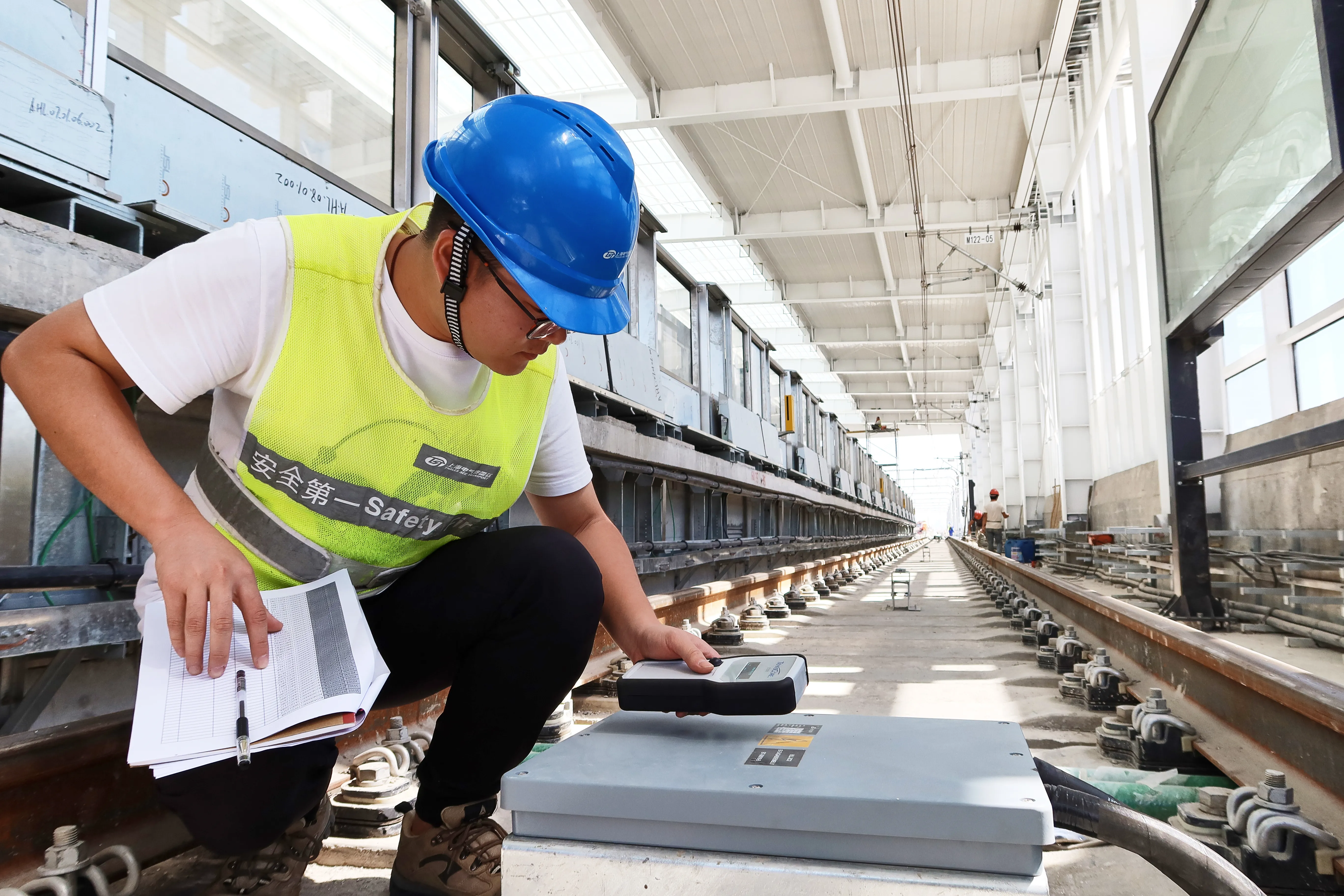French railway network Réseau Ferré de France (RFF) and railway manager Synerail have appointed Kapsch CarrierCom to accelerate the modernisation of the country’s existing GSM-R network with a next generation all-IP core solution based on the new Kapsch R4 architecture. The system will provide RFF and Synerail enhanced reliability and is the basis for innovative applications such as Railway Emergency Call (eREC) or train geolocation.
June 4, 2014
Read time: 2 mins
French railway network Réseau Ferré de France (RFF) and railway manager Synerail have appointed 81 Kapsch CarrierCom to accelerate the modernisation of the country’s existing GSM-R network with a next generation all-IP core solution based on the new Kapsch R4 architecture. The system will provide RFF and Synerail enhanced reliability and is the basis for innovative applications such as Railway Emergency Call (eREC) or train geolocation.
The new RFF all-IP core network will include: geo-redundant call servers, media gateways (MGW), home location registers (HLR), service control point (SCP), next generation Kairos mobile switching centre (MSC) as well as maintenance services until 2030. The components will be deployed together with Synerail by December 2015 along almost 15,000 kilometers of the rail track already equipped with Kapsch GSM-R technology.
“In line with this contract by RFF and Synerail, Kapsch provides an IP core network which is based on the latest technology. The long term partnership with RFF is based on a deep knowledge we have of our customers’ needs and expectations as well as our technological expertise,” says Michel Clement, vice-president Railways of Kapsch CarrierCom.
The new RFF all-IP core network will include: geo-redundant call servers, media gateways (MGW), home location registers (HLR), service control point (SCP), next generation Kairos mobile switching centre (MSC) as well as maintenance services until 2030. The components will be deployed together with Synerail by December 2015 along almost 15,000 kilometers of the rail track already equipped with Kapsch GSM-R technology.
“In line with this contract by RFF and Synerail, Kapsch provides an IP core network which is based on the latest technology. The long term partnership with RFF is based on a deep knowledge we have of our customers’ needs and expectations as well as our technological expertise,” says Michel Clement, vice-president Railways of Kapsch CarrierCom.










